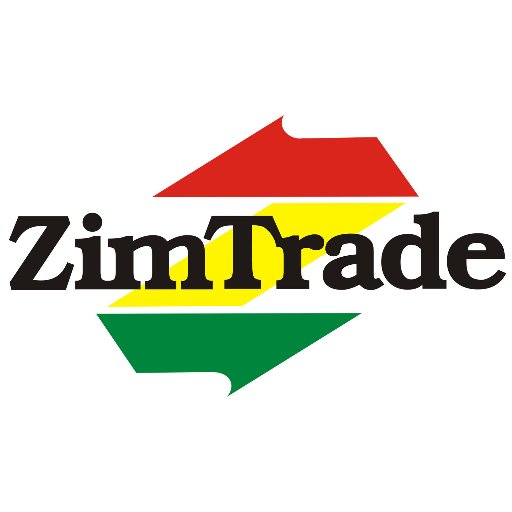
BY MTHANDAZO NYONI
ZIMTRADE, the country’s export promotion body, has urged Zimbabwean tanners to upgrade their tanning processes in order to improve the quality of the finished leather supplied to downstream industry.
In its latest report, the organisation said the sector — which once employed as many as 5 600 workers at its peak but now only employed just over 1 000 — was in a bad state.
“Since 2016, ZimTrade engaged PUM to offer technical support to players in the leather sector. Observations made during these intervention programmes reflected a need for Zimbabwean tanners to upgrade their tanning processes in order to improve the quality of the finished leather supplied to downstream industry,” the report reads in part.
In a bid to revive the sector, ZimTrade and PUM will next week hold the Zimbabwe tanneries workshop in Bulawayo.
PUM is a Dutch organisation comprising of experts that voluntarily offer their knowledge to SMEs in developing and emerging countries.
The leather value chain has the potential to increase employment creation through value-addition programmes if adequate and quality leather is supplied to downstream industries.
According to the Leather Sector Strategy 2010-2017, Zimbabwe’s exports of leather and leather products were depressed in the decade leading to 2010 with an average export value of US$17,6 million per year.
- Chamisa under fire over US$120K donation
- Mavhunga puts DeMbare into Chibuku quarterfinals
- Pension funds bet on Cabora Bassa oilfields
- Councils defy govt fire tender directive
Keep Reading
However, since 2010 statistics on the Trade Map show a semblance of recovery, with export figures on an upward trend from US$18,6 million in 2010 to US$36,9 million in 2018 with approximately US$34 million accounting for raw hide and skins of reptiles (crocodiles) and hides and skins of bovines accounting for US$1,3 million, the rest being accounted for by leather products.
In 2017, the government, through funding support from the Africa Development Bank, embarked on the Beef-to-Leather Value Chain Support Programme to identify challenges faced by players in the beef-to-leather value chain.
This has since seen business development service providers and financial counsellors from Lupane University completing a training programme in market facilitation and financial coaching under the value chain project.











